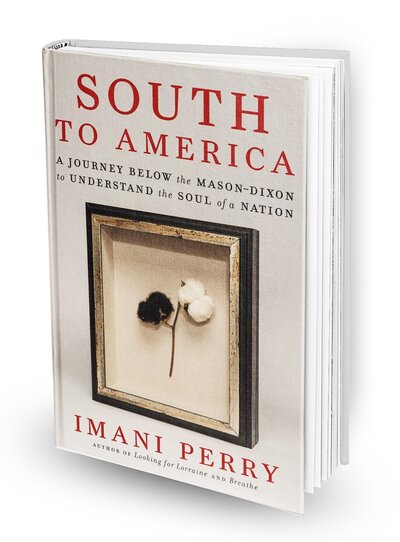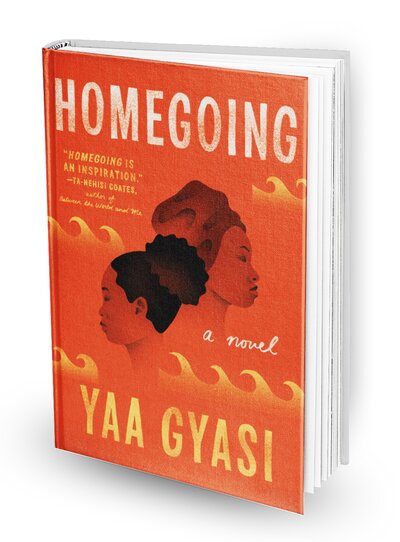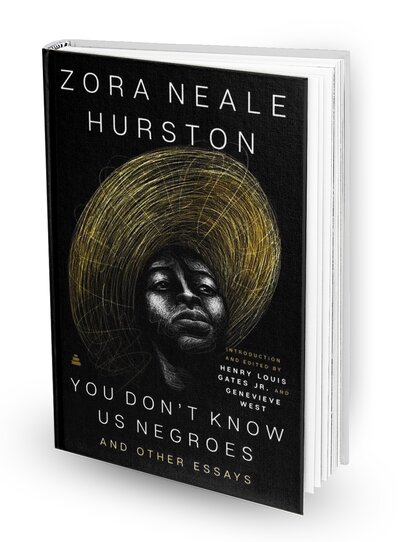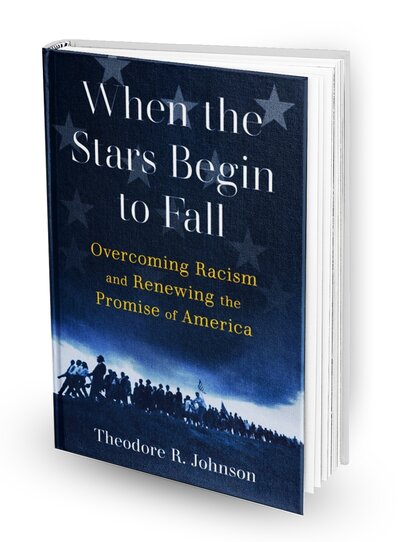More than two years after the signing of the Emancipation Proclamation, enslaved Black Americans on the island of Galveston, Texas, finally received word of their freedom. Arriving in the city on June 19, 1865, Union Major General Gordon Granger read aloud General Order No. 3, announcing that “all slaves are free” and an “absolute equality of personal rights and rights of property between former masters and slaves.”
This is considered to be the moment when news of the end of chattel slavery finally reached the farthest corner of the Confederacy. And though the institution would persist in parts of the United States until the ratification of the Thirteenth Amendment, Black Americans have long celebrated Juneteenth as the arrival of emancipation. As a result of the passage of the Juneteenth National Independence Day Act last year, the celebration is today a federal holiday observed by Americans of all races, ethnicities, and nations of origin.
Amidst the celebration, however, we should not lose sight of the mark that slavery has left on our country, the remnants of which continue to plague our society’s systems of democracy and justice. The importance of Juneteenth comes into clearer focus when the stories that constitute the journey of Black America are spotlighted and meaningfully considered. Emancipation is perhaps the most transformational event in U.S. history, but the act of engaging the experiences of people before and since emancipation is the only way to gain a fuller appreciation of our nation’s progress — it is the only way to advance the idea of the “absolute equality of personal rights” for all. To this end, the following reading list can help us collectively take the next step toward a more perfect union.

On Juneteenth
by Annette Gordon-Reed
A short treatise by Pulitzer Prize–winning historian and native Texan Annette Gordon-Reed, On Juneteenth is an implicit interrogation of the holiday through a deep exploration of a Black Texan’s lived experience. It connects the stories of the author’s enslaved ancestors to her upbringing celebrating Juneteenth at a time when Jim Crow still ran roughshod over her community. The importance of place — of having a connection to a distinct culture and way of life — looms throughout, noting how central it is to our layered identities: personal, social, local, and national. And in Gordon-Reed’s deft storytelling, the reader cannot help but notice the distance between the big ideas on which the nation was founded and how poorly they often have been put into practice, especially when it comes to the question of racial equality.

South to America: A Journey Below the Mason-Dixon to Understand the Soul of a Nation
by Imani Perry
A child of the South who spent the bulk of her upbringing in the Northeast, Imani Perry takes readers on an emotional trip through the states where the country’s soul often teetered on the precipice. In each stop — from Maryland south and west to Louisiana and places beyond — Perry notes a historical tragedy that characterizes the path away from slavery and Jim Crow as a harsh, tortured journey that was only possible because of the indomitable spirits of the people who traversed it. Whether the racist 1898 coup in Wilmington, North Carolina, that overthrew a duly elected multiracial coalition or abolitionists’ failed raid on Harper’s Ferry in West Virginia, it is painfully clear how central race is to the struggle over the nation’s soul and how the South has long played a starring role. In this way, Perry reminds the reader of a truth about American democracy: as the South goes, so goes the nation.

How the Word Is Passed
by Clint Smith
In much the same way Imani Perry’s book traversed the South, Clint Smith escorts readers to historical sites across the country to explore the ways slavery is remembered and discussed. It is both an ode to the power of storytelling and a critique of the flawed processes of story selection when the nation’s shortcomings are on display. The expected experiences in some of the Southern sites — such as Angola State Prison in Louisiana and Blandford Cemetery in Petersburg, Virginia — still manage to shock with the horror they capture and the sanitized way the sites are discussed by staff and tour guides. But for a country that caricatures racism as a problem of the American South, the visits to Manhattan and Gorée Island, Senegal, show how far-reaching the storytelling and mythmaking go. Ultimately, Smith offers insight into the national soliloquy on slavery at a time when our collective memory is at the center of debate.

Homegoing
by Yaa Gyasi
The only fiction work on this list, Yaa Gyasi’s Homegoing traces the lineage of two African sisters — one whose line is stolen in the Atlantic slave trade and the other whose grows in Ghana. There is a spiritual memory that connects the descendants, but the lines have drastically different fates given the societies in which they live. It is a reminder that Black Americans did not arise out of nowhere and that their origin story is not contained to the lash of slavery. Rather, there is a transatlantic connection to rich traditions — in both directions, from Africa to America and vice versa — that have given birth to distinct peoples. And that connection, over time and distance and remembering, is an inimitable aspect of our stories.

You Don’t Know Us Negroes and Other Essays
by Zora Neale Hurston
This volume was published six decades after the death of Zora Neale Hurston, an early-twentieth-century author who came to prominence during the Harlem Renaissance. It is a collection of her opinions on a range of topics, from slavery and democracy to love and religion. Readers quickly learn that Hurston’s views are not a synthesis of the caricatured positions of a Black America too often perceived as uniform in its politics and policy preferences. Hurston complicates stereotypes of Black Americans, offering a staunch individualism that is just as authentically Black as the collectivism often attributed to the group and its movements but habitually overlooked by others. These essays are a reminder that in considering the journey of Black people in America, we should not fall victim to the idea that there is a single story that captures it in full.

Bonus Read: When the Stars Begin to Fall: Overcoming Racism & Renewing the Promise of America
by Theodore R. Johnson
While Juneteenth is a celebration of the end of slavery and a moment to better understand our nation’s history, it is also a call to action: to right the historical wrongs that impact our contemporary lives. Structural racism often feels like an intractable problem — one that infects every aspect of our society and is, therefore, impossibly difficult to address with policy reforms alone. Stars pulls together insights from history, political science, sociology, and philosophy to show that the only way to mitigate the harms of structural racism is through the establishment of a multiracial national solidarity. And it suggests that the Black American experience holds key lessons for how to do so. Further, in the tradition of Black literature dating back centuries, storytelling of Theodore R. Johnson’s family ancestry is used to put flesh and bones on the book’s core ideas. Ultimately, Stars leverages research and ancestral narratives to chart a path forward such that the sacrifices of the generations before us for a nation that lives up to its promise are not lost.



